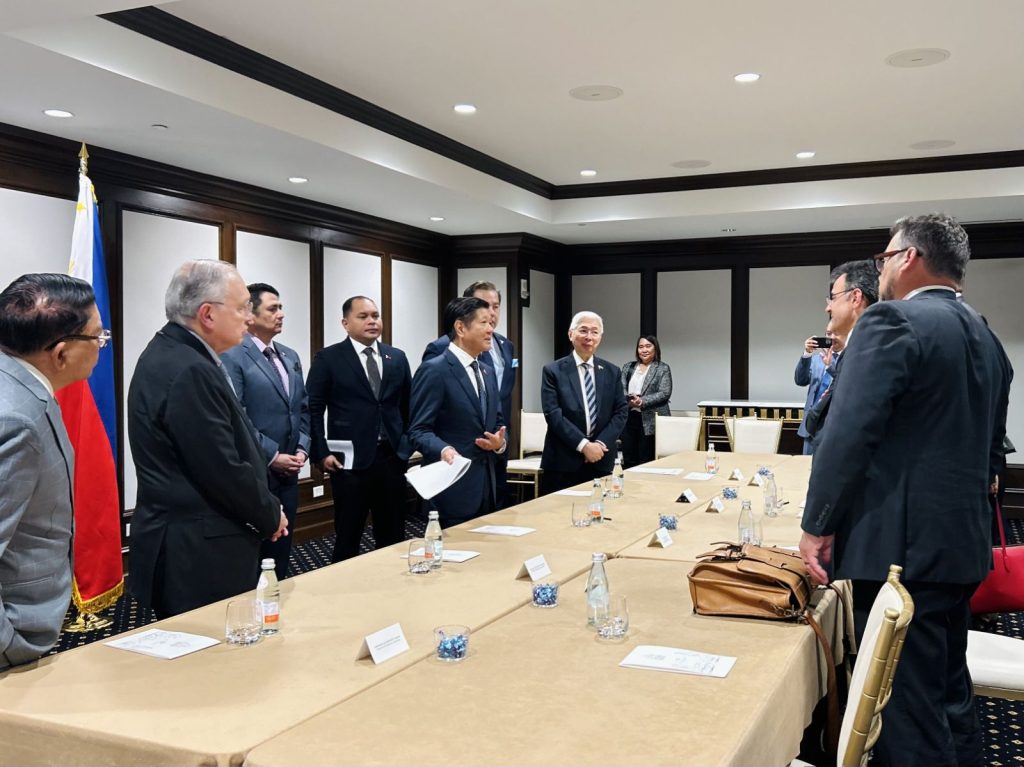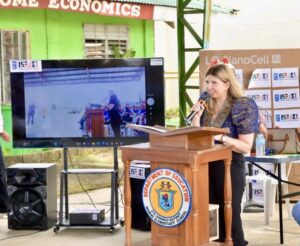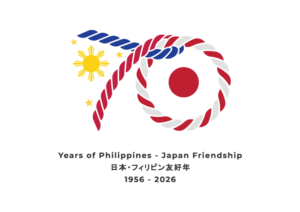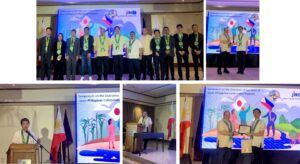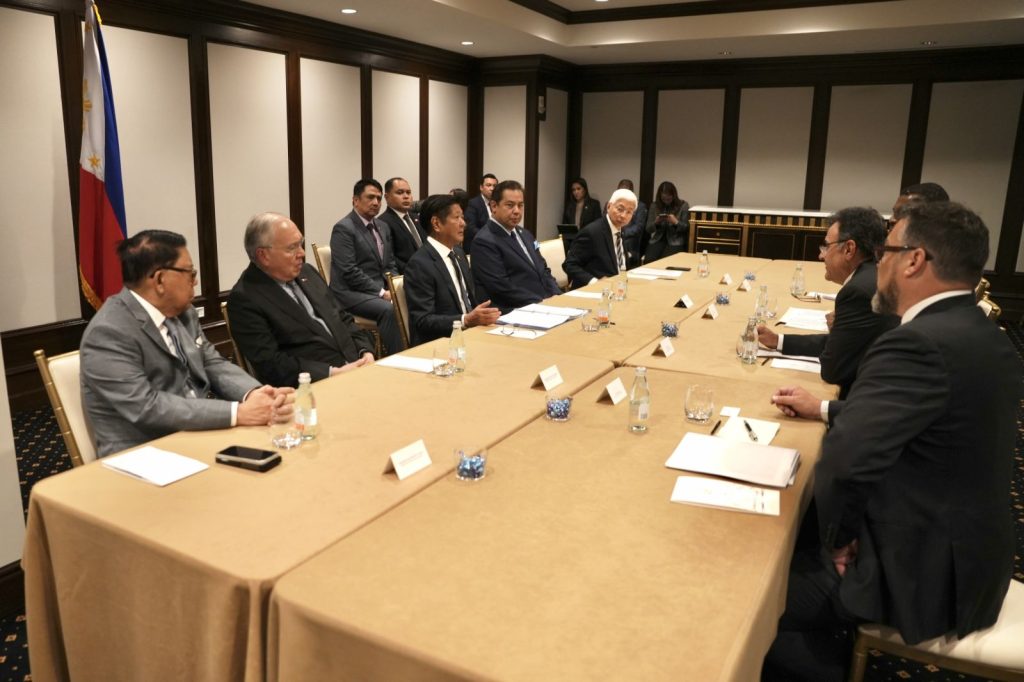
President Ferdinand Marcos Jr. and Department of Trade and Industry (DTI) Secretary Alfredo Pascual along with other members of the Philippine delegation met with Google recently, on the sidelines of the United States-Japan-Philippines trilateral summit in Washington, D.C.
The meeting with Google was part of the government’s response to the growing global demand for digital-centric activities.
Secretary Pascual noted, “The Philippines stands at the forefront of innovation and growth, welcoming diverse forms of collaboration across industry sectors. These include infrastructure development, workforce enhancement, manufacturing, cybersecurity, and the responsible use of artificial intelligence (AI).”
“With a digital-savvy population exceeding 110 million, we offer a lucrative market for foreign investment. Our cultural affinity for global content and robust local enterprise sector also position us as a prime consumer of cloud services,” he added.
The government boasts of the country’s advanced infrastructure, highlighted by the early adoption of 5G networks, 19 international sub-sea cable systems, 13 cable landing stations, and an extensive 840,000 km domestic fiber optic network. The country also supports 11 commercial data center providers operating 25 data centers with a total rack capacity of 19,000.
During the meeting, the Philippine delegation emphasized the Marcos Jr. administration’s commitment to fostering a thriving environment for hyperscaler and data center operations, demonstrated through initiatives aimed at talent development and the implementation of robust policies to safeguard intellectual property rights and data protection.
The delegation also recognized Google for expanding the Google Career Certificates (GCC) program that aids workforce development. This initiative, announced during the US-Philippines Trade and Investment Meeting in March, is seen to highlight Google’s confidence in Filipino talent.
As of April 5, the program has attracted interest from 23,000 Filipinos, with a goal to reach 25,000 participants. This expansion is seen to support the administration’s goal to promote inclusive economic growth and digital inclusion, equipping Filipinos with skills essential for the digital economy.
Furthermore, Secretary Pascual discussed the launch of the National AI Strategy Roadmap in 2021, focuses on leveraging AI to improve the lives of Filipinos, enhance enterprise productivity, and elevate the nation’s economic competitiveness. The Roadmap envisions the Philippines as a center of excellence for AI research, fostering collaboration between government, industry, and academe, and preparing the Filipino workforce for future jobs.
The Roadmap identifies the establishment of Center for AI Research (CAIR) as the government’s key strategic action to position the country as a global leader in AI research and development. Additionally, the DTI is leading efforts to formulate a national ethics and governance framework for AI to ensure its responsible adoption.
To leverage the country’s strength in electronics and semiconductors, the delegation offered the Philippines as an alternative manufacturing location for Google technology products. This move is seen to potentially diversify Google’s supply chain and reduce its production costs.
Google Philippines, which began operations in 2013, supports the internet giant’s global operations by providing customer and operational support services. The company is currently partnering with the DTI to roll-out more GCC programs across DTI virtual campuses.
